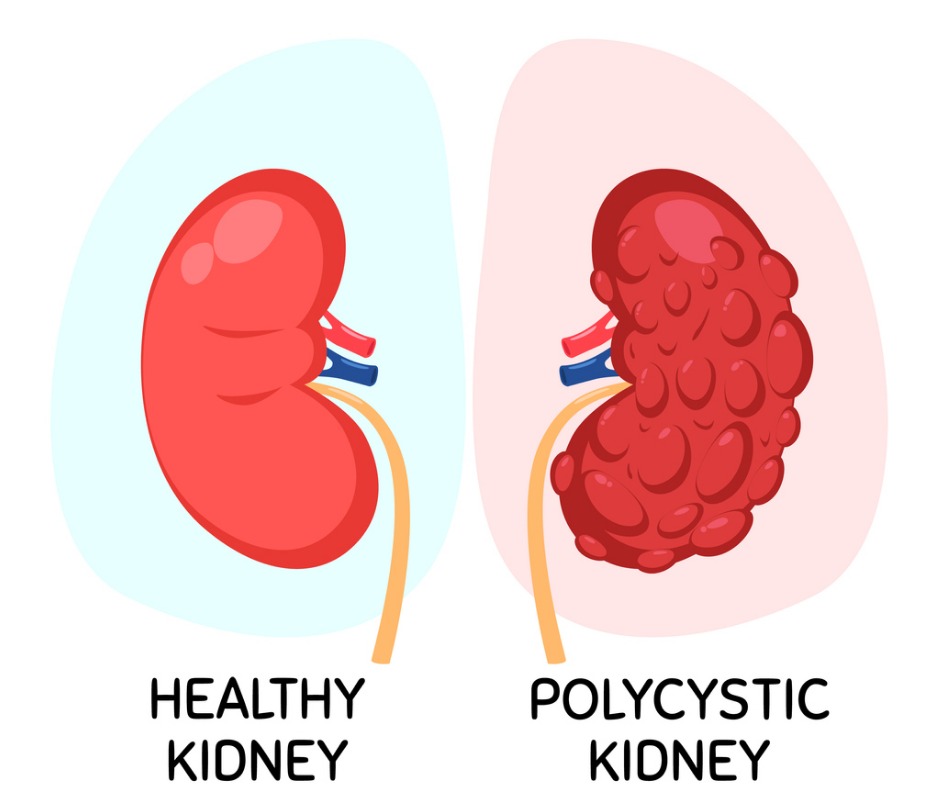Pain
What Is Polycystic Kidney Disease?

Polycystic kidney disease, or PKD, is a genetic disorder that is characterized by clusters of cysts (fluid-filled sacs) in the kidneys. As the cysts become larger, they cause the kidneys to swell and eventually lose functionality. They may also spread to the liver or other areas in the body. High blood pressure and kidney failure are known complications of PKD. Some individuals may not realize that they have PKD for many years.
Forms of polycystic kidney disease
There are two kinds of PKD: Autosomal dominant PKD (ADPKD) and autosomal recessive PKD (ARPKD). ADPKD symptoms usually begin to surface between ages of 30 to 40; however, they can appear earlier. This is the most common form of PKD. ARPKD is less common with symptoms that typically begin to manifest shortly after birth, but may not appear until childhood or adolescence. It may also result in abnormal kidney development while still in the uterus.
Symptoms
Symptoms of PKD include, but are not limited to, the following:
- Kidney stones
- Kidney failure
- Liver or pancreatic cysts
- Heart valve abnormalities
- Urinary tract or kidney infections
- Back or side pain
- Increased size of abdomen
- Feeling of fullness in abdomen
- Blood in urine
- Headaches
- High blood pressure
- Brain aneurysms
Additional symptoms that are specific to ARPKD include, but are not limited to, the following:
- Low birth weight
- Liver scarring
- Low blood cell counts
- Varicose veins
- Stunted growth
- Enlarged kidneys
- Low amniotic fluid levels
Causes
PKD is a genetic disease that is caused by a gene mutation. Normally, it is passed on from a parent to a child. In rare cases, a genetic mutation will occur spontaneously or due to extensive dialysis treatments.
Risk factors
Since PKD is genetic, the main risk factor is having a parent who has it. Children who are not diagnosed with PKD can still carry the mutation gene and pass it on to their offsprings.
Additional source: Verywell Health




